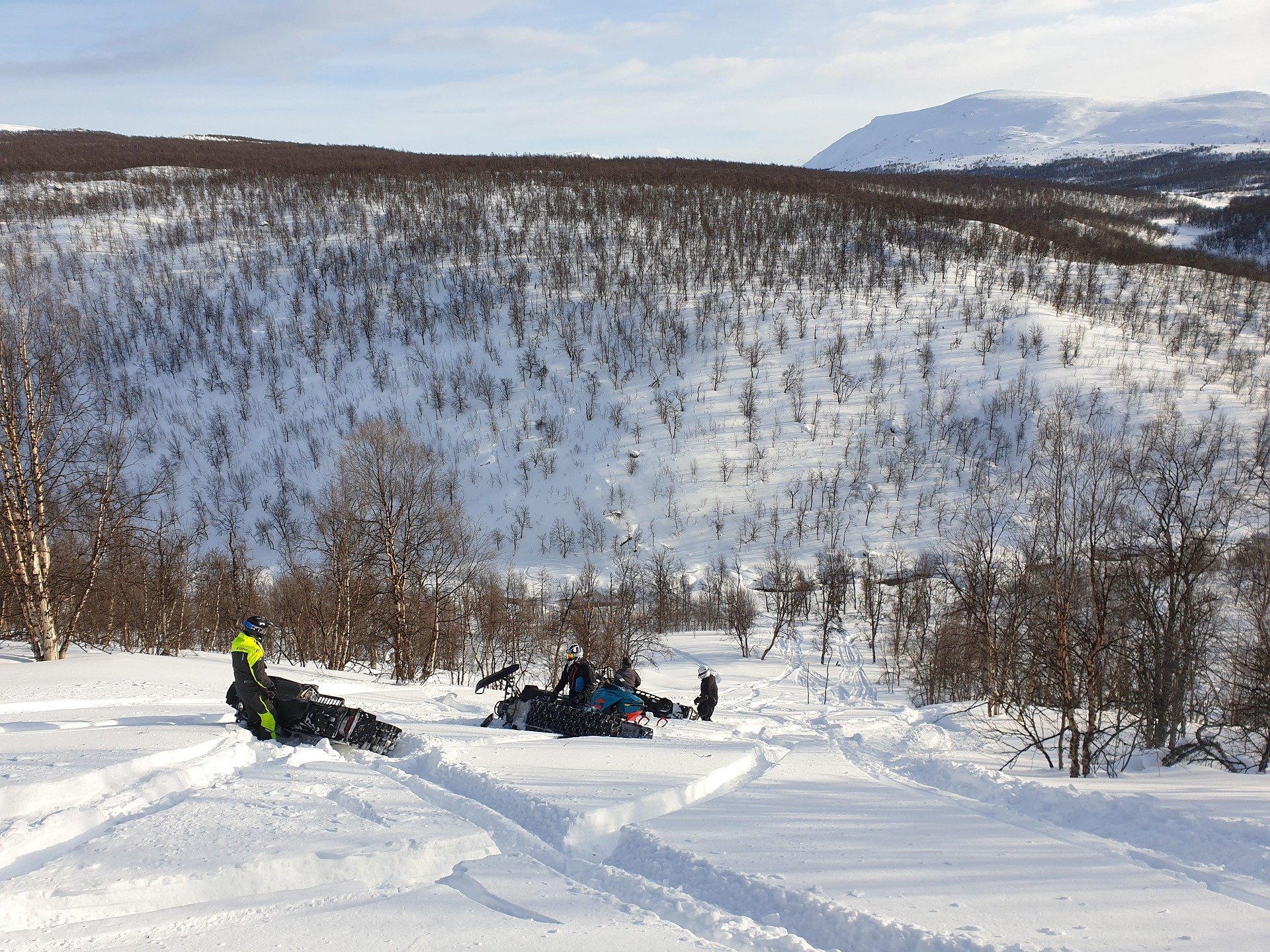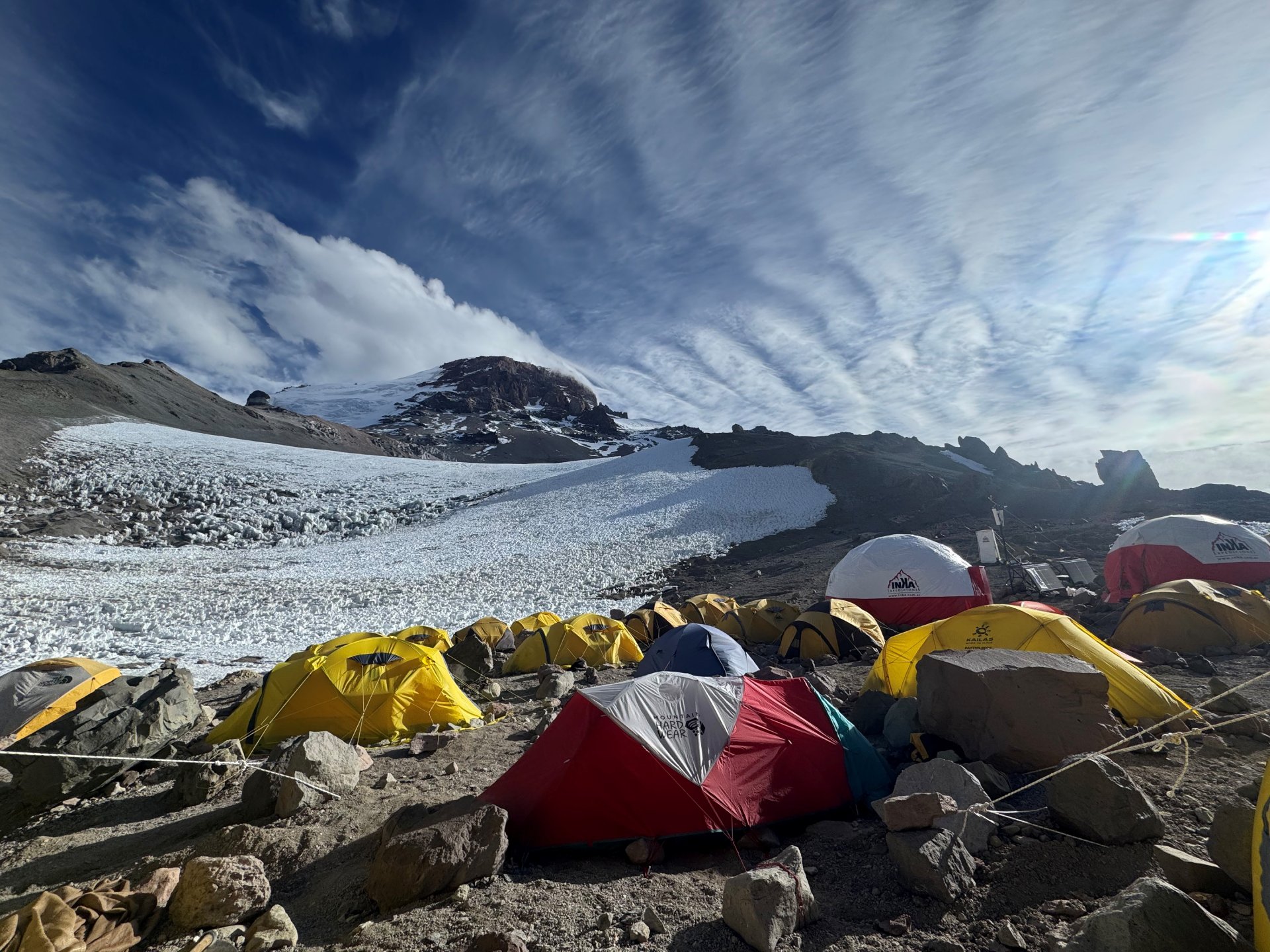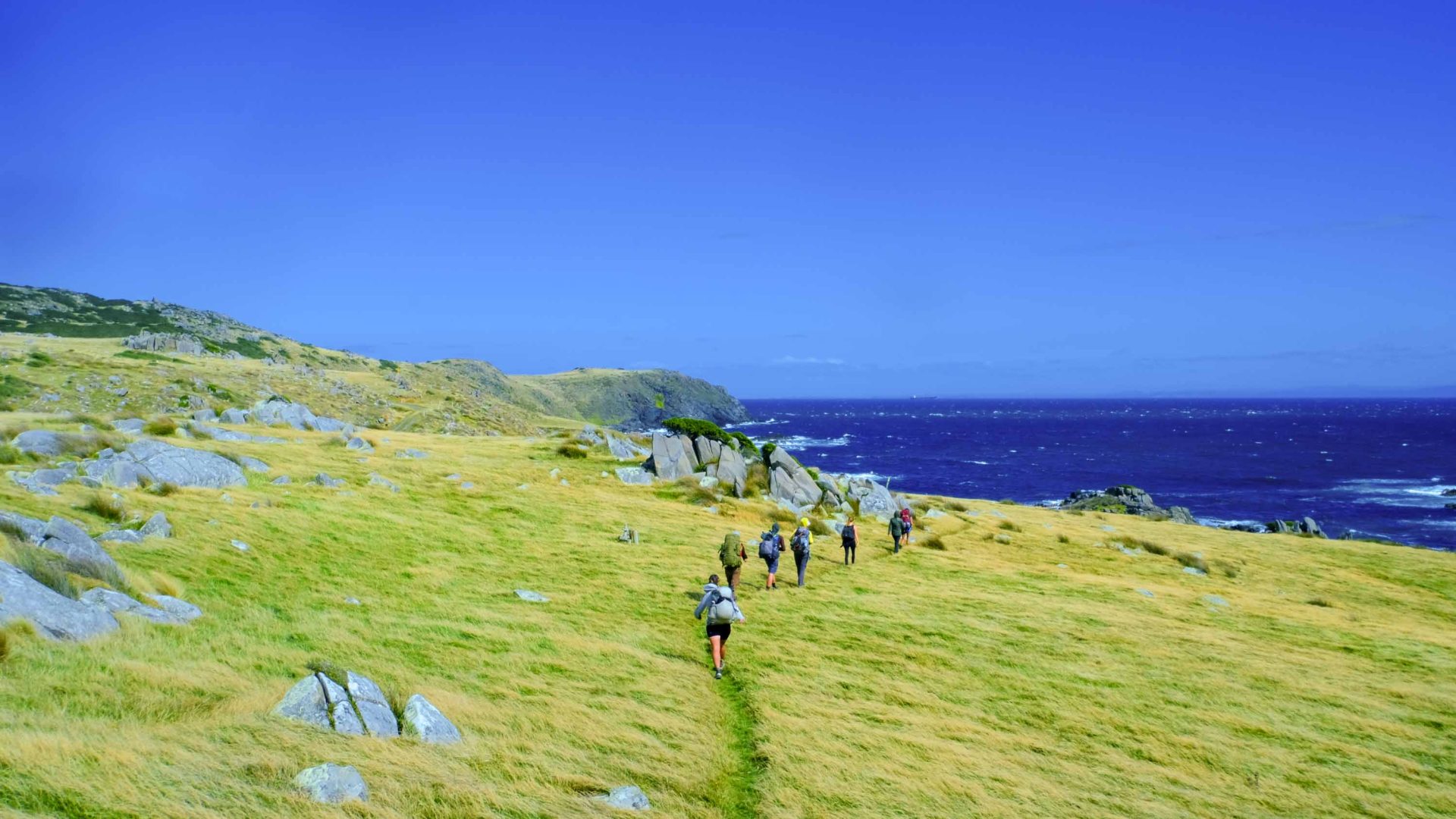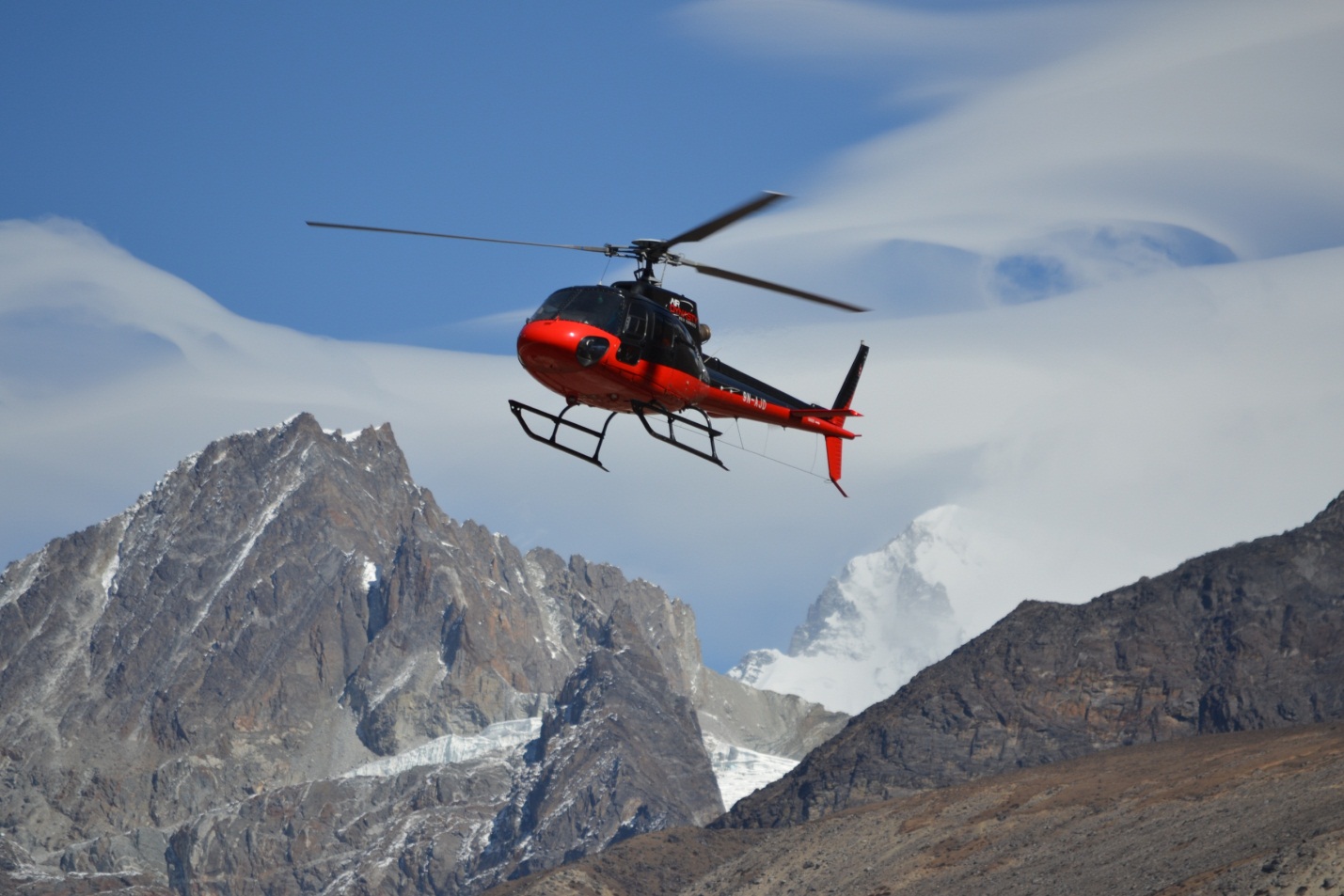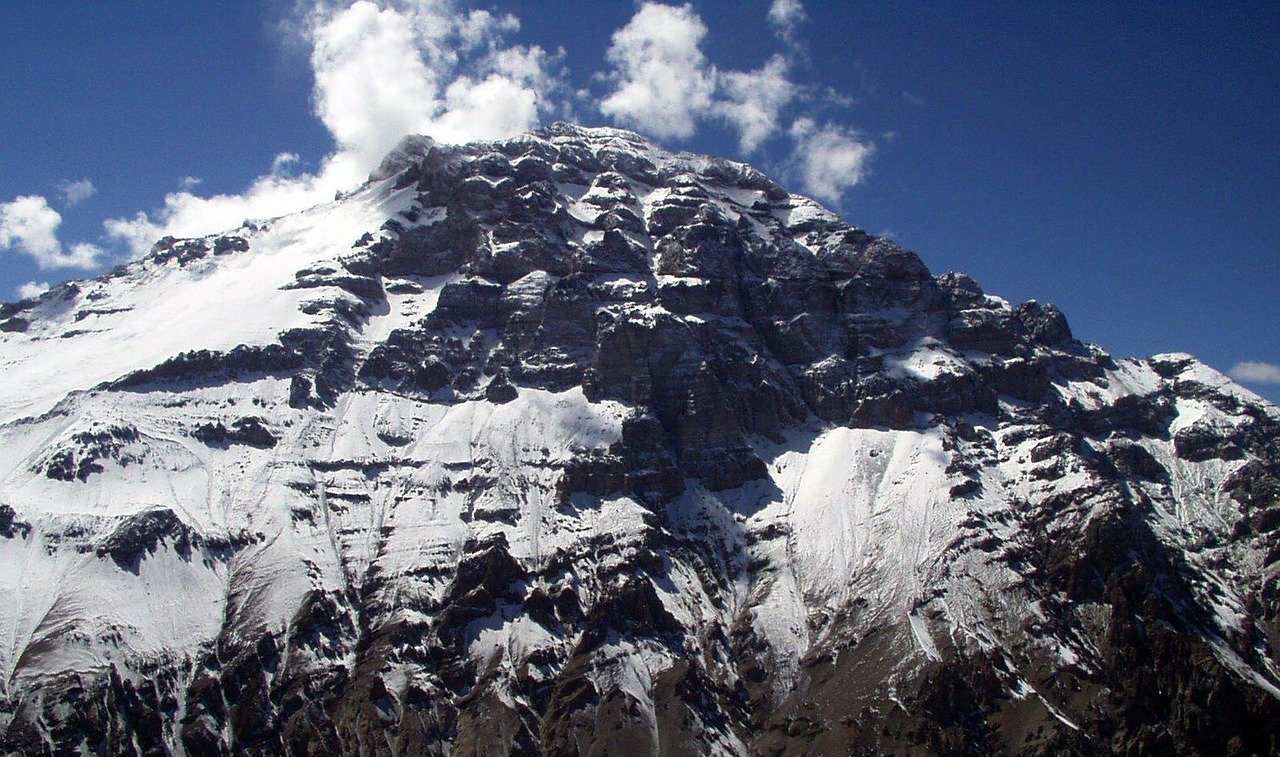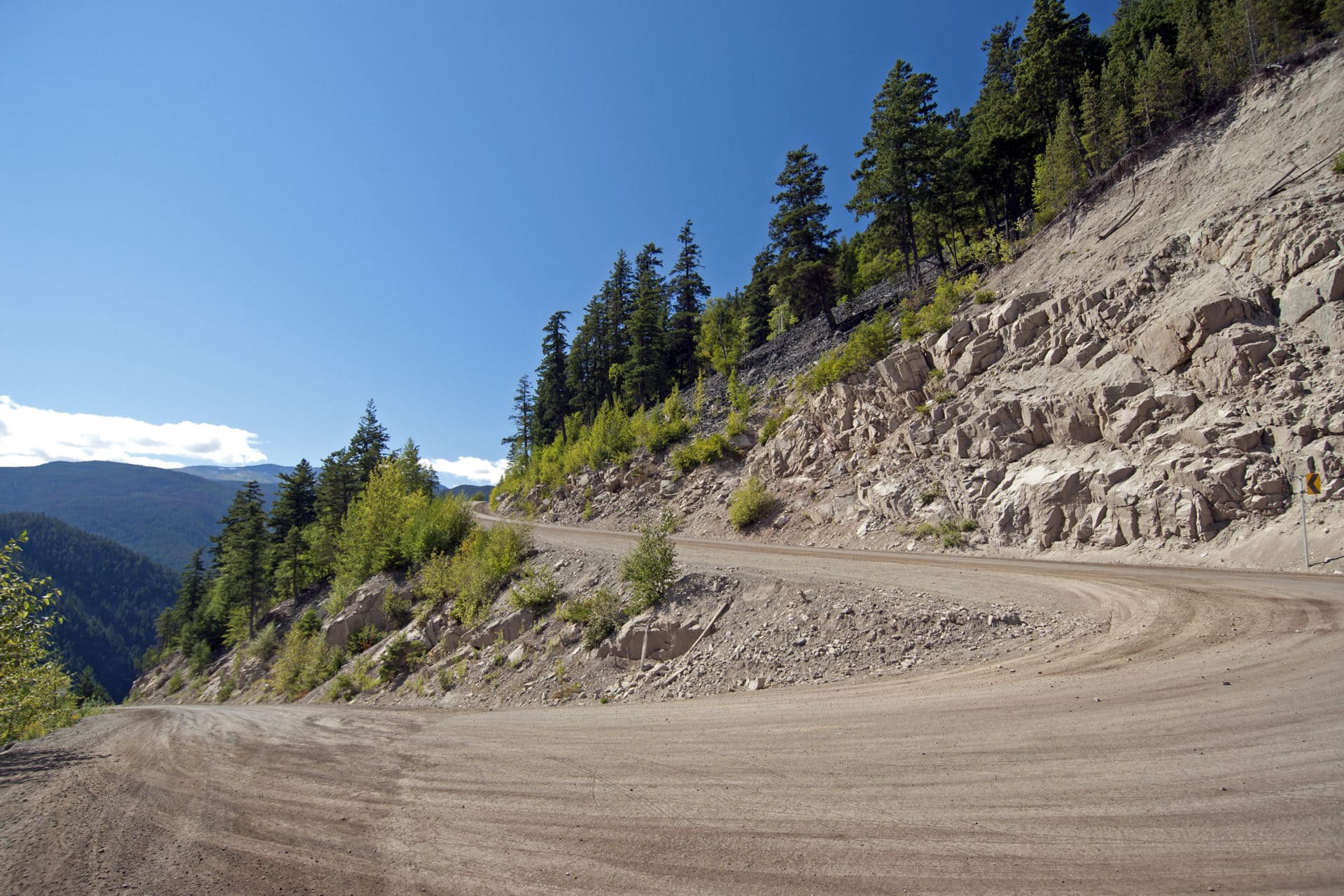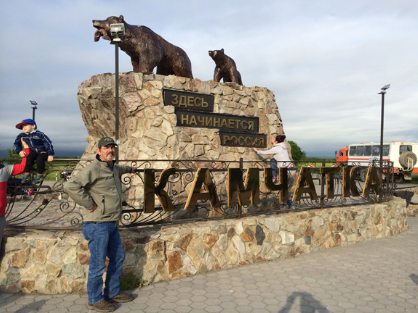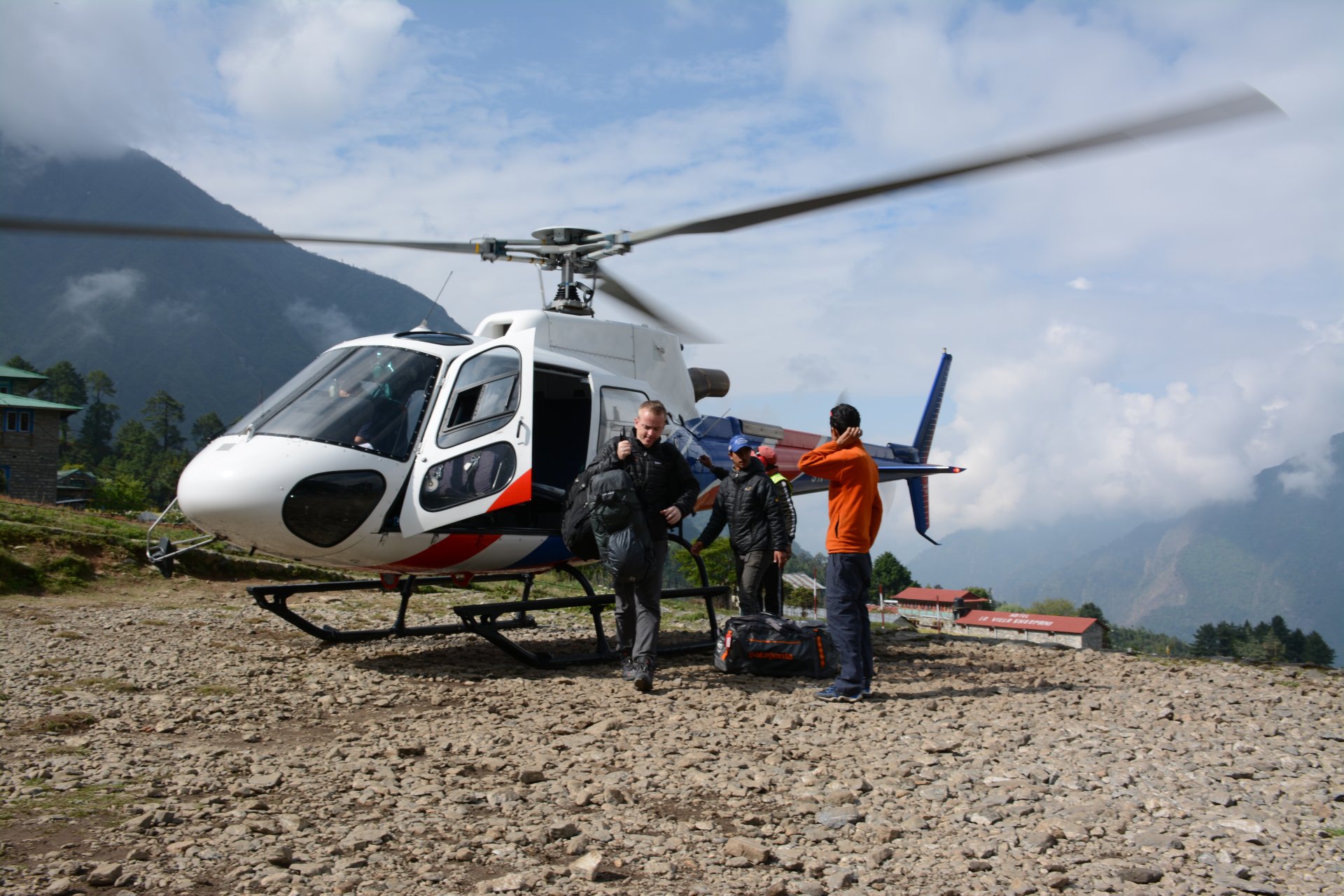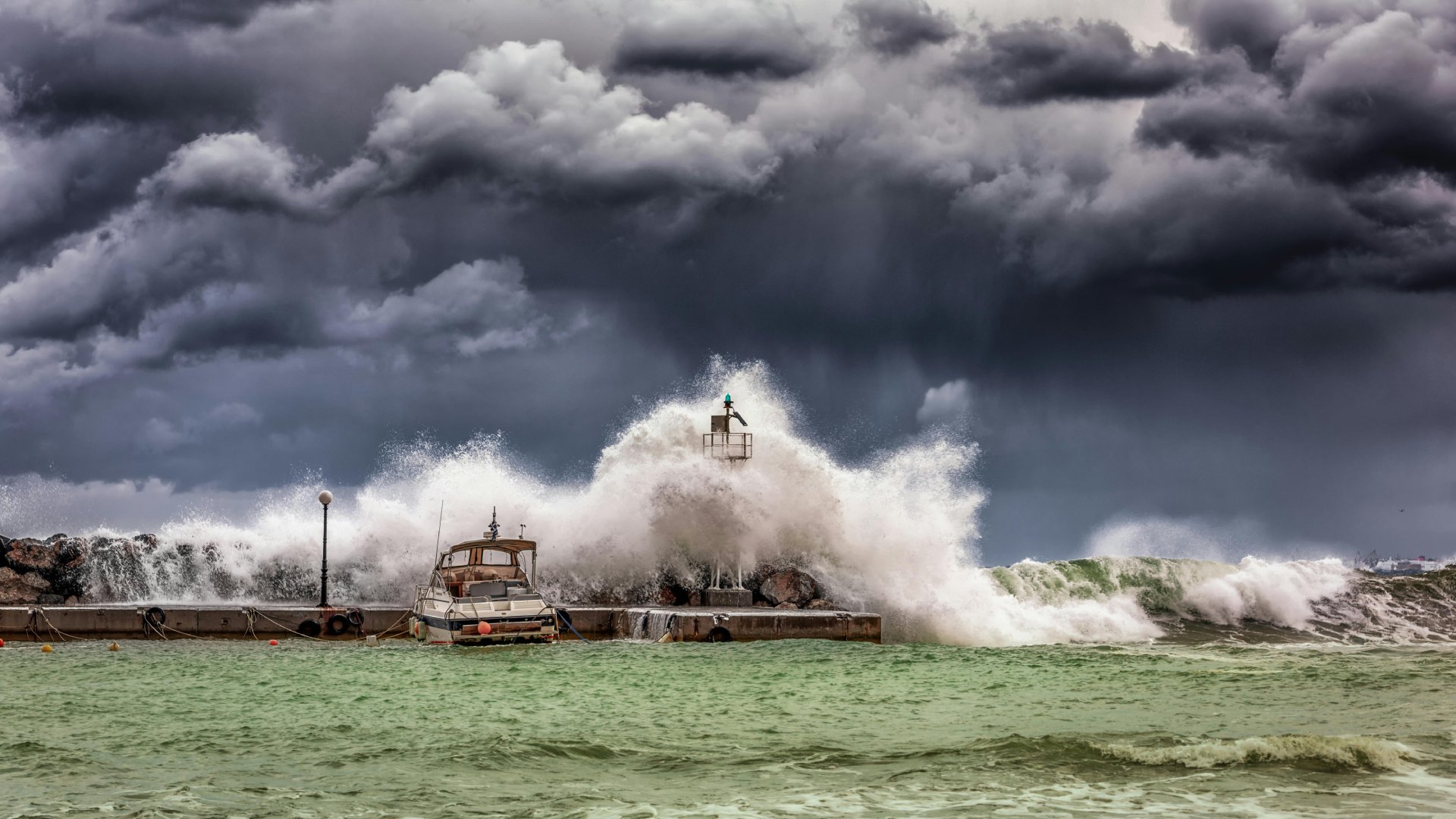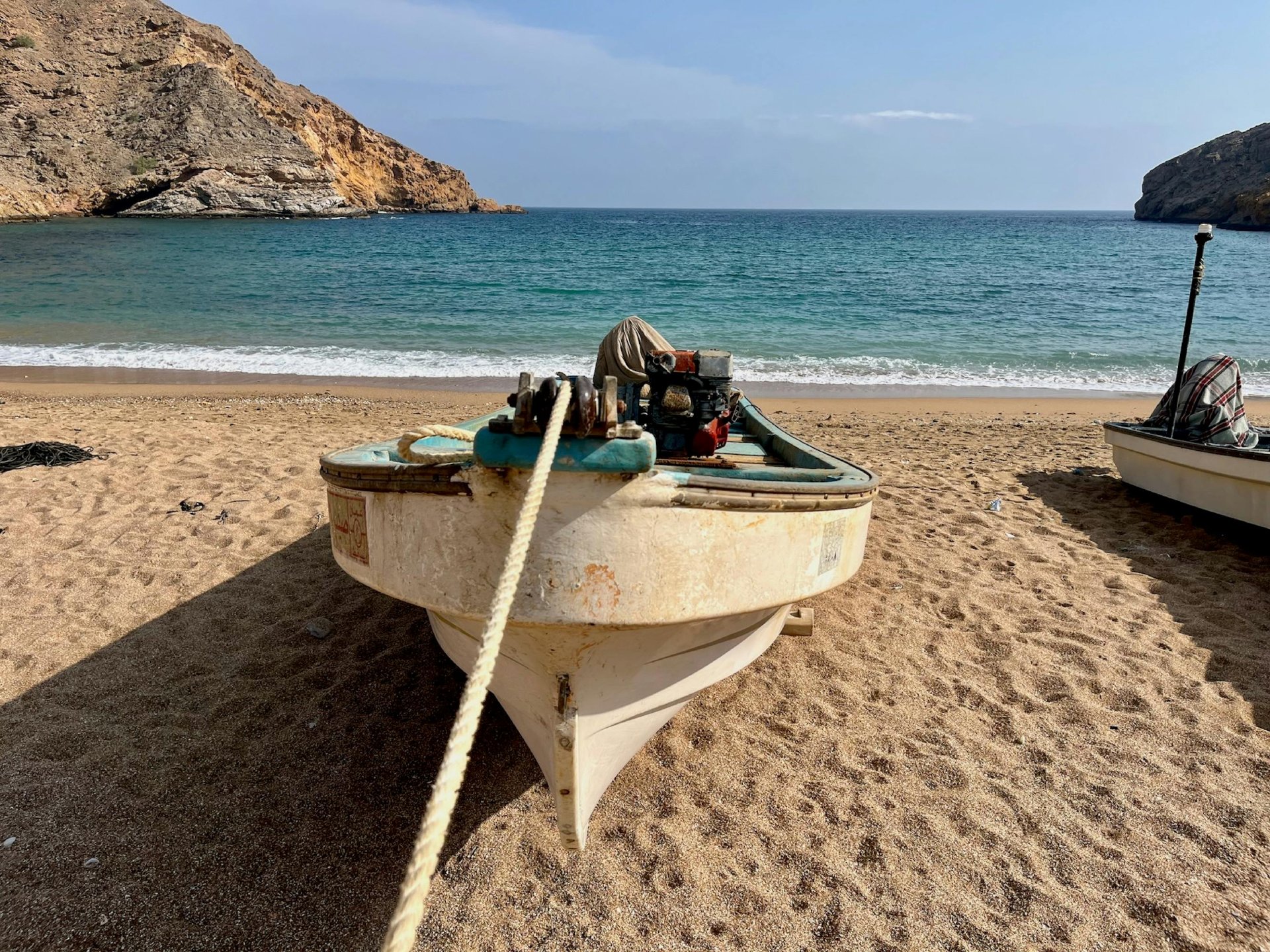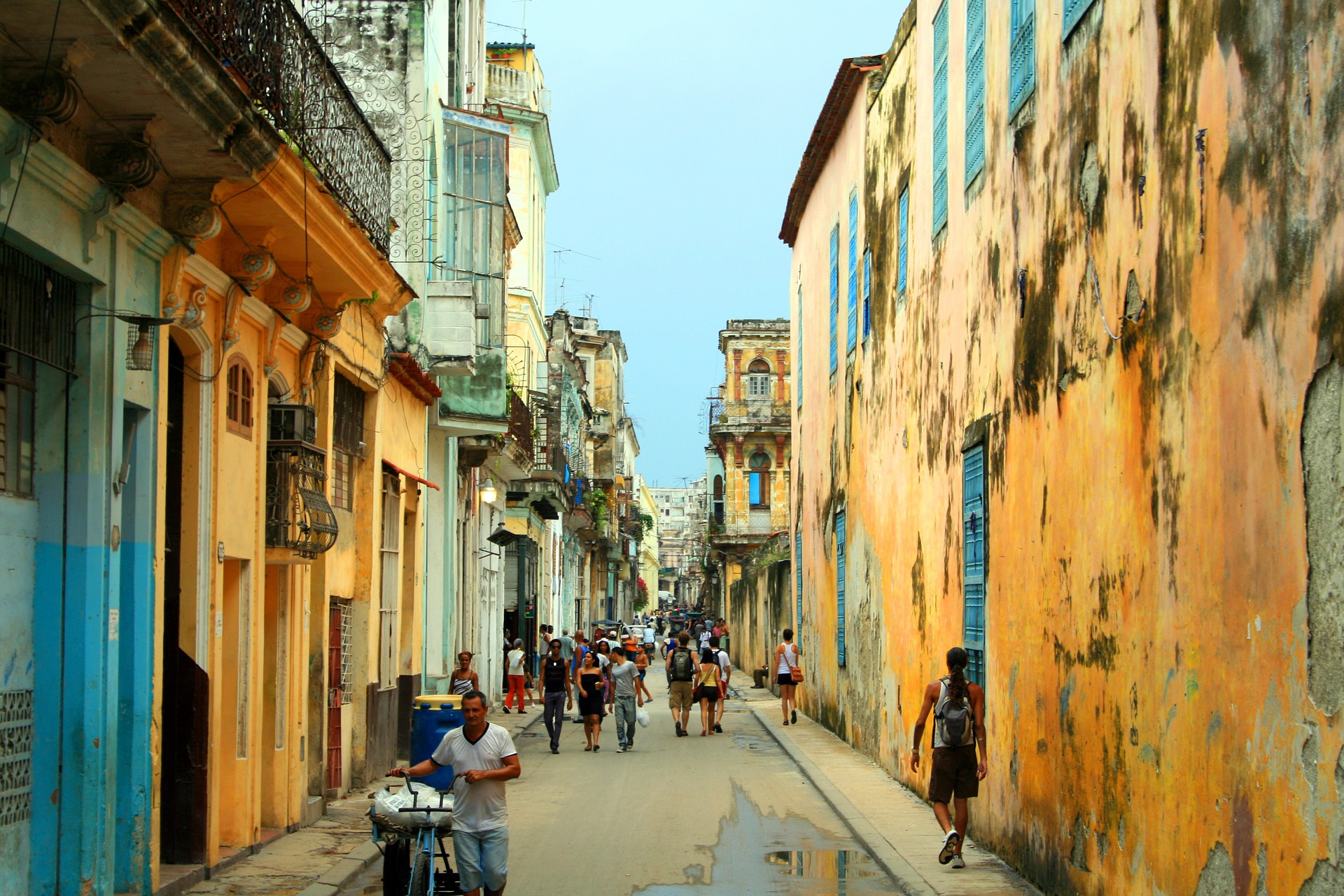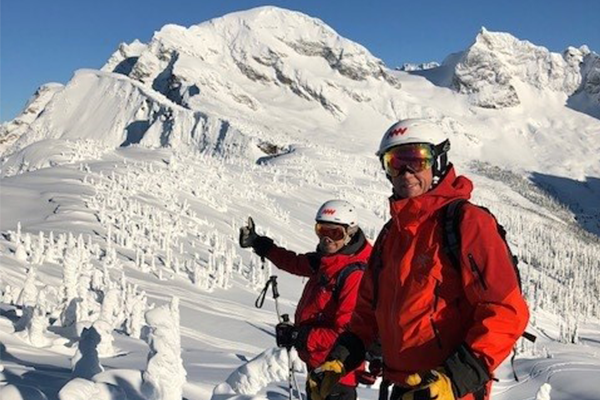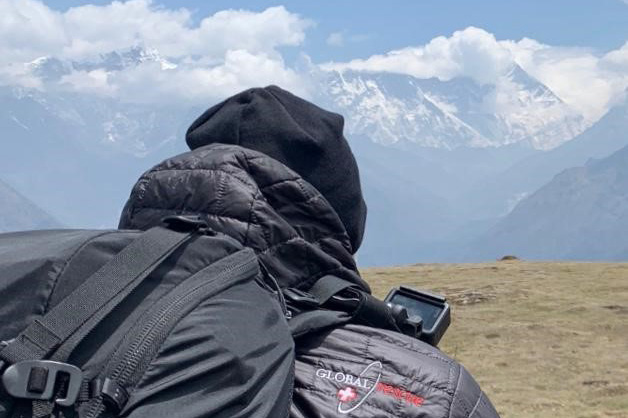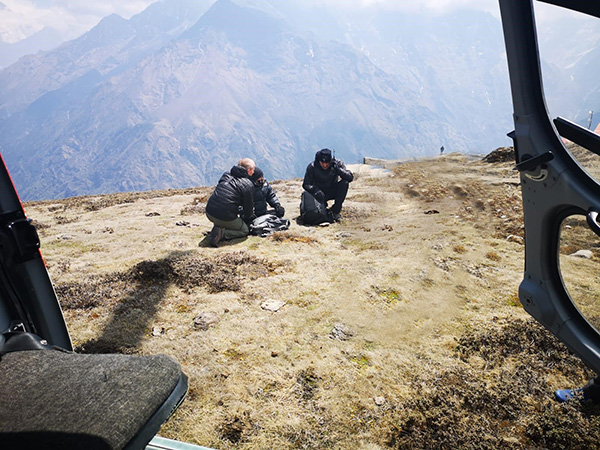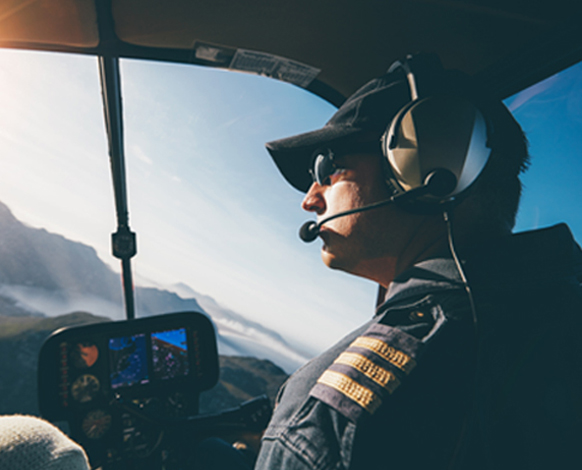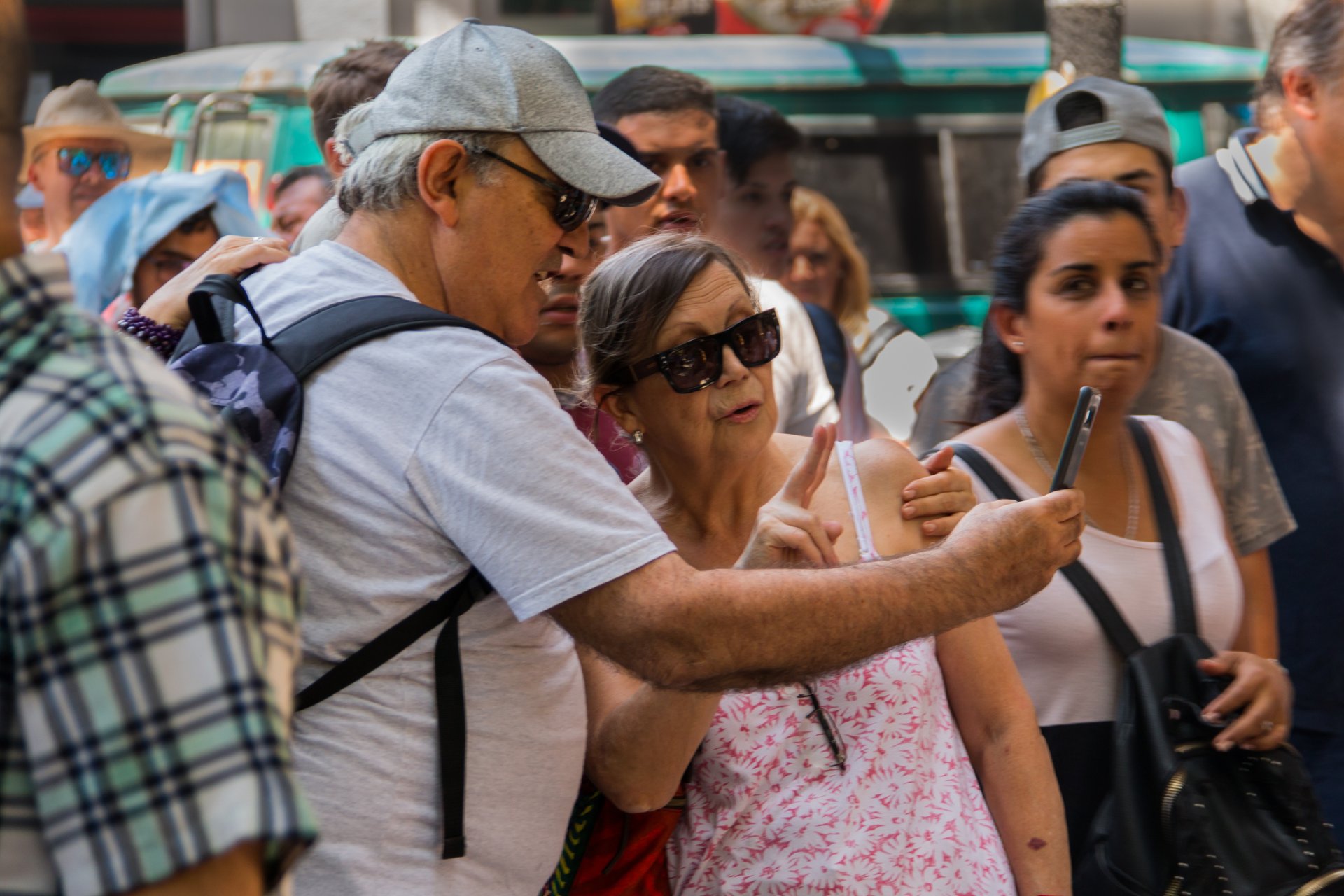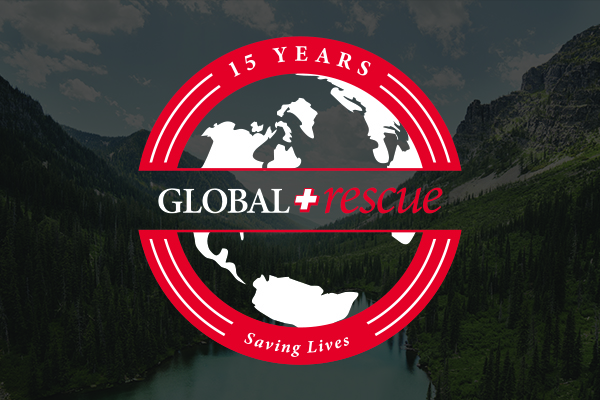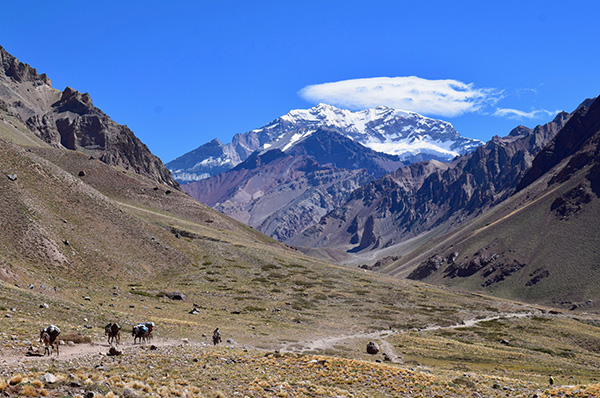A traveler is unable to board a flight in Morocco because his passport expires in five months.
A journalist is detained by authorities for entering France with a U.S. emergency passport issued in the United Kingdom.
A businessperson has to return to the U.S. because she lost her passport in the Cape Town airport. She is neither allowed to board the next flight nor allowed entry into South Africa to replace her passport at the U.S. Embassy. What do all three of these scenarios have in common?
They are all examples of how you could find yourself in a bad situation due to a lack of knowledge surrounding passports and international travel laws.
In comparison, a traveler in India has his passport stolen hundreds of miles from the nearest consulate but boards a flight to the capital where he replaces his passport.
This scenario is an example of finding your way out of a challenging situation by successfully navigating international travel rules and regulations.
From passport applications to renewals and visas, there’s a lot to learn when it comes to the ins and outs of international travel, especially as rules and regulations can frequently change. Whether you travel often or you’re just beginning to plan a big trip, below are 12 questions you must ask yourself before you go.
[Related Reading: Safekeeping Your Travel Documents]
1. Do I know the country’s passport laws and visa requirements?
Simply put, international travel is not possible without a passport. Countries worldwide want to make sure visitors are who they say they are – and a passport serves as an internationally recognizable form of identification.
You and your passport are also subject to the laws of the countries you visit. Just as your pre-trip research should include familiarizing yourself with the laws of the country you’re planning to visit, you should also review the country’s passport and visa requirements.
2. Is my passport valid through the printed expiration date?
In the United States, passports are generally valid for 10 years from the date of issue. It does not mean your passport is valid up until the expiration date listed.
Most countries will not accept foreign visitors unless their passports are valid for six months beyond their scheduled return. If your passport does not meet entry requirements for the country you are visiting, you will not be allowed to check in for your fight.
3. What is the passport renewal process?
As a general rule, you should renew your passport one year prior to the printed expiration date, especially if you travel often. Travel plans are sometimes made more than a year in advance, which is the ideal time to check the expiration date on your passport – not a week before you intend to depart.
If you find yourself in urgent need of a passport though, there are a few options. Most countries have an expedited passport application and renewal process.
A variety of companies also offer to fast track the passport renewal process for varying fees. However, you have the same access to the services these companies are advertising.
While there are extra fees involved for expedited passport renewal, it is less expensive than utilizing a passport expediter company.
In the United States, 25 national passport offices can accelerate the passport application or renewal process.
To get a required appointment at one of these centers, you must have travel plans within two weeks, which you’ll be requested to prove with an international travel itinerary. Once you arrive, make sure you have all required application or renewal forms completed, proof of citizenship and/or your expired passport, in addition to an appropriate passport photo.
Be sure to closely adhere to passport photo requirements. Due to specific facial recognition programs and protocols, many countries prohibit eyeglasses or smiles in passport photos.
It is a good idea to have multiple copies of your passport photo, as they are often required for additional travel documents such as visas or an international driving permit. If you have extra passport photos with you while you’re traveling, it’s one less thing to worry about if you have to replace a lost passport.
4. Do I need a visa?
While your home country issues your passport, a visa may also be required by the country you’re planning to visit. Whether or not you need a visa to visit a foreign country depends on the country’s immigration laws and international agreements.
A visa defines the purpose of your trip and can often dictate the amount of time you may remain in a certain country. Examples of different kinds of visas include tourist, student and work visas.
A single entry visa may be valid for up to 90 days or multiple entries and exits over an extended period of time. If a visa is for single entry, research the country’s policy on re-entry ahead of time, especially if you intend to visit multiple countries during your trip with plans to return to the country where you started your trip.
Some countries require a transit visa to land and change planes. The length of a planned layover or nation of origin will determine if a transit visa is required. In addition to being valid for a set time, visas are often only valid for a certain number of entries.
Like the example above, you may have a visa that is valid for 90 days but only one entry. If you depart the country, you will not be allowed to return without applying for a re-entry visa.
5. How long does the visa process take?
If you need a visa, start by contacting the embassy or consulate of the country you intend to visit. Confirm any information on their website with a phone call – and remember, you may have to apply for a visa in person at the embassy or through the mail. Some countries do have electronic visa application processing online.
You might also be able to obtain a visa on arrival. A visa on arrival is issued by the country you visit before clearing customs. Upon entry to the country, you will present your passport at customs and an agent will inspect it and ask you any questions before placing a visa in your passport.
In general, visa requirements and the process for obtaining them depends on the length or purpose of your visit and your nationality. Visa processing times can vary from a few hours to several weeks. Make sure you inquire about the expected processing time – and remember, you will be without your passport during the visa processing time.
Just as there are companies that can speed up the passport processing time, there are also companies that can accelerate the visa process, which can sometimes be more convenient.
When you get your passport back, make sure it’s truly your passport and all of the information on the visa is also yours – and consistent with the information printed in your passport.
6. Do I know the country’s entry requirements?
While it is important to research the entry requirements for any country you plan to visit, it is essential to strictly adhere to them. Entry requirements can also change frequently and without notice, so keep up to date and follow them closely – even if you’re an experienced traveler.
The embassy of the country you intend to visit can provide the most up to date information regarding entry requirements. The government agency that issues your passport will also have this information.

Global Rescue members have access to personalized advisory services, in addition to detailed destination reports for 215 countries and principalities that include entry requirements and information related to any recommended immunizations.
Entry requirements can vary per country, but some specific requirements include your passport expiration date and the number of blank pages you have in your book. Additionally, details on the purpose of your trip and length of your visit, as well as proof of immunizations and sufficient funds may also be required.
Below are some examples of entry requirements for American citizens:

Tanzania
- A passport valid for a minimum of six months beyond visa issuance and/or date of entry and at least one blank visa page.
- Visitors who enter on visas must present a roundtrip ticket and demonstrate they have sufficient funds for their stay.
- Visas are required for U.S. citizens traveling to Tanzania. Foreign nationals may apply for a visa online in advance of travel. If the e-visa is approved, the applicant will receive a “grant notice” via email. Present a copy of the grant notice to the immigration officer on arrival at the airport in Tanzania.
- U.S. citizens may also obtain a tourist visa upon arrival at the airport in Tanzania. The cost is $100 USD. Be prepared to pay in cash as connectivity issues can make electronic transactions impossible.
- Should you travel to Zanzibar, be prepared to show your passport and explain your visa status upon entering, departing, or traveling around the mainland.
- Yellow fever vaccination is required for all travelers arriving from, or having transited through, countries where yellow fever is endemic. Direct arrivals from non-endemic countries, including all countries in Europe and North America, are usually not required to show a yellow fever vaccination certificate.

Rwanda
- A passport valid for six months after entry into the country.
- You must obtain a visa before traveling or secure a 30-day tourist visa at port of entry for $30 USD. Credit cards are not accepted at all land border crossings.
- If entering from the countries listed on the Rwandan Immigration website, a World Health Organization (WHO) card with yellow fever vaccination is required.
- Dual citizenship is legally recognized in Rwanda. However, the U.S. Embassy recommends U.S. citizens enter using their U.S. passport.
- To extend your visa, contact the Directorate General of Immigration and Emigration in Kigali within 15 days of arrival.
7. What if my passport is expired but I have a valid visa?
If you renew your passport but have a valid visa in the expired passport, you should carry both your expired and your renewed passports while traveling—in addition to contacting the consulate of the country where you will travel. The country may require you to apply for an extended visa, where you may still need the expired passport that contains the original visa for the extended visa.
8. What if I have dual citizenship or multiple passports?
Many countries allow individuals to have dual citizenship. When you have multiple passports, it is crucial to enter and leave on the same passport.
Before providing an exit stamp, the customs agent will look for the following items: when, where and how you entered the country. If there is no entry stamp though, you are not legally in that country and showing a second valid passport can cause unnecessary delays and scrutiny.
For example, if you have a New Zealand passport and a U.S. passport and you live in the United States, do not begin a trip from the U.S. with your New Zealand passport. If you do, customs will ask to see your entry stamp to the United States – which can quickly cause unnecessary delays.
Checking in for flights or at hotels may also be difficult if multiple passports are used for making reservations and checking in.
9. Can I have two passports?
If you frequently travel to countries with extended visa application processing times, you can apply for a duplicate passport. A duplicate passport will allow you to travel while the other passport is being processed for a visa. You might also require a duplicate passport if you’re traveling to countries that deny entry to travelers with specific country entry stamps.
Many countries allow their citizens to have multiple passports for various reasons. For example, official or diplomatic passports often have different laws, regulations and requirements.
10. Should I carry my passport with me?
Before stepping out, be sure you know whether or not you are in a country that requires foreigners to have their passport on them at all times.
If so, make sure your passport is kept in a secure pocket or pouch and not in a backpack or briefcase, as these items can easily be lost or stolen. Be sure and protect your passport from becoming mutilated or wet, as these damages can invalidate your passport.
Keep both paper and electronic copies of your passport. It’s also a good idea to keep a copy of the visa and country entry stamp. Write down or memorize your passport number, date of issue and date of expiration, as this information is frequently required when traveling. While you’re writing, list out contact information for your country’s embassy or consulate too.
Always keep your passport in a safe yet accessible place while traveling. Keep it separate from other identifying documents like your driver’s license, as it’s less likely you will lose all of these items at once. Consider keeping electronic copies of vital documents like your driver’s license too – the more identifying information you have on hand, the easier the replacement process will be if something happens to your passport.
[Related Reading: Stolen Passport in Paris]
11. What if I need to replace my passport because it is lost or stolen?
Even if you’ve done your due diligence surrounding passports and visas, unfortunate events can still happen. For example, losing your passport while traveling internationally is a significant inconvenience.
All of your travel plans will come to an end as replacing your passport will need to become your number one priority.

The process to replace a lost passport may vary slightly from country to country but in general, as soon as you realize your passport has been lost or stolen, you should notify the police.
If you are a victim of a serious crime, the embassy or consulate should also be contacted in addition to the police as soon as possible.
Ideally, after receiving a police report, your next step is to contact the embassy and consulate to confirm the replacement process. You may have to extend your stay until the embassy is open or an appointment becomes available.
The type of passport you receive depends on the amount of identifying documents you have and the amount of time you have before you need a passport for travel.
A replacement passport valid for 10 years takes longer to process than an emergency passport, which has limited validity. Many countries will not accept an emergency passport issued abroad for entry purposes, due to the fact that it is issued under an abbreviated process.
With that in mind, make sure you fully understand where you are allowed to travel with your replacement or emergency passport. Many countries will detain you as well as deny entry for entering without valid entry documents.
In the end, understanding the procedures to replace a lost passport will make the overall process a lot less stressful.
12. How can Global Rescue help?
Members have access to 24/7 travel advisory services. If your wallet is stolen while you are overseas, Global Rescue can walk travelers through the process of police reports and embassy appointments to expedite the passport replacement process. We can also provide referrals to legal representation in more than 160 countries.


